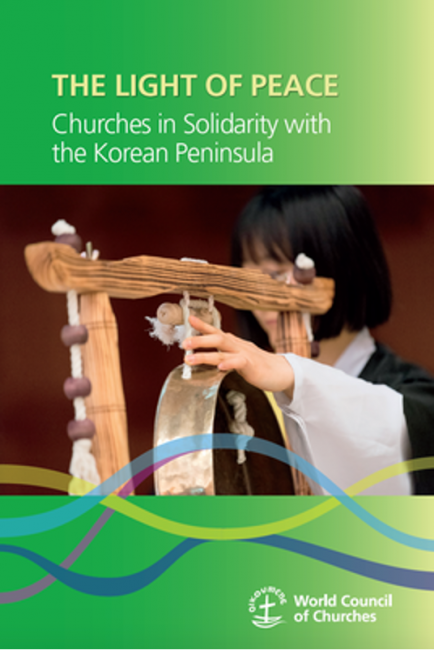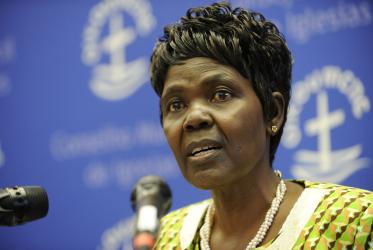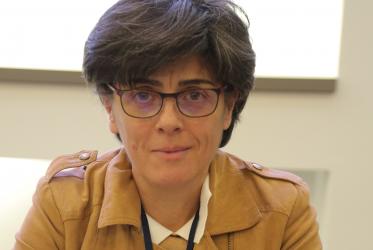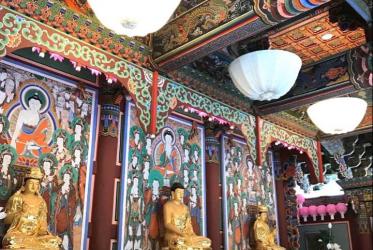Displaying 141 - 160 of 558
Healing Together
A Facilitator’s Resource for Ecumenical Faith and Community-Based Counselling
15 October 2020
Hope prevails in times of crisis in Lebanon
14 September 2020
Vesak Day commemorated at the UN
11 May 2020
A visionary missionary heads home
25 March 2020
South Sudan Church leaders welcome new cabinet
15 March 2020















